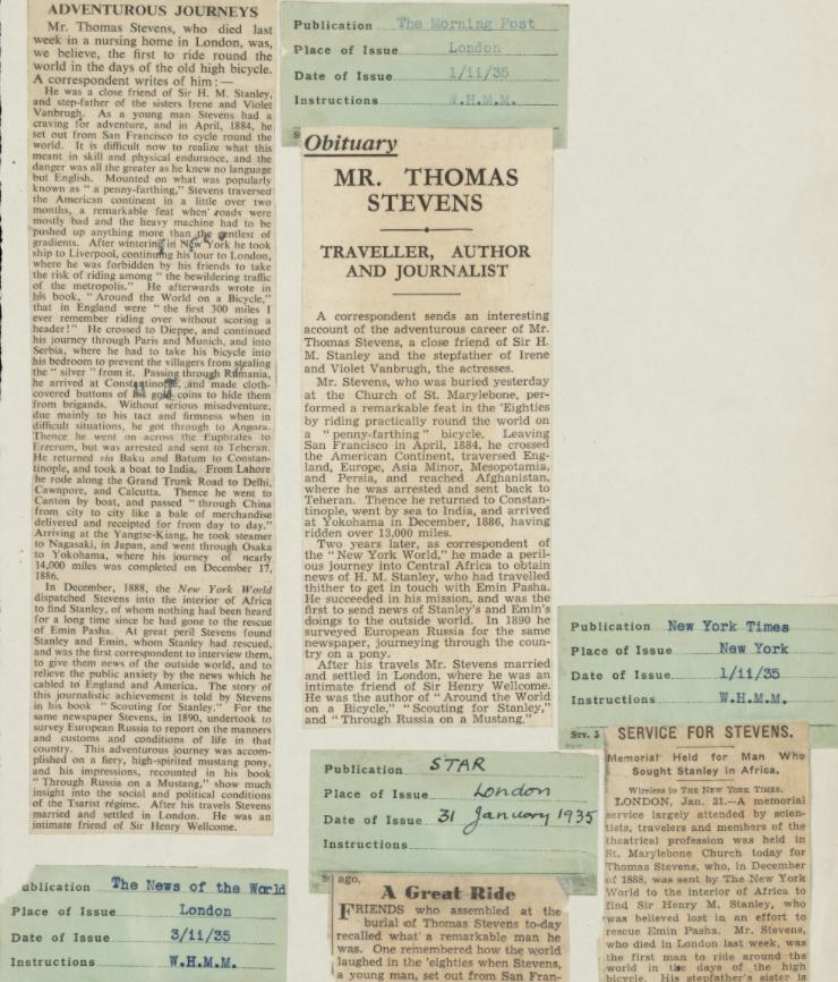A favorite thought experiment of mine is to imagine a famous individual from history resurrected and interacting with aspects of our contemporary society. What aspects of our culture would fascinate him or her, and which ones would be completely misunderstood? Would Ben Franklin be more intrigued by email or a ballpoint pen? What reality TV show would Voltaire want to be on? Would Moses use a GPS to re-navigate the wilderness? For my money, the answers would be: Ballpoint Pen, Dancing with the Stars, and I’m pretty sure that 21st century Moses would prefer staying at home in Jerusalem to another foray through the Negev.
A similar dynamic is found in Rebecca Goldstein’s newest offering—Plato at the Googleplex. She imagines the great Greek philosopher (last seen in 4th century BC Athens) making his way through contemporary United States. It’s a fantastic premise; dust off the world’s best dialectician and let him match wits with the ideas and pseudo-ideas of our culture. He tangles with cable news hosts, subs as an advice columnist and debates tiger moms. As should be expected, Plato is a quick study. He immediately becomes a big fan of the Internet and never goes anywhere without his laptop. He is unfazed by cognitive research and brain scans, and even volunteers to undergo an MRI as a research subject.
A project this ambitious could be doomed to failure when attempted by an over-matched author, but Goldstein has the credentials to pull it off. A former “genius grant” recipient, she has a Ph.D. in Philosophy from Princeton and is married to Harvard cognitive psychologist Steven Pinker. In addition to her philosophical chops, Goldstein is a legitimate novelist who excels at blending academic issues with real human concerns. Her latest novel, 36 Arguments for the Existence of God, demonstrates her proficiency at characterization and dialogue, as well.
…
Plato at the Googleplex is really two works, set in alternating chapters—a rather standard introduction to Plato’s thought, and the imaginative exercise of placing Plato into various aspects of contemporary society. There is much to commend in the expositional chapters, but Plato’s new dialogues are what leap off the page. Goldstein does an amazing job of mining Plato’s actual writings for these imagined conversations. Her Plato is not stiff or boring, and her application of Platonic thinking to the issues and circumstances of present life is illuminating and provocative. The most arresting of them all is Plato’s visit to the Googleplex. The biggest difference between our world and the original Plato’s is, of course, technology. We are still the same species, perplexed by the same philosophical, theological and ethical questions, which is why we still read Jesus and Moses, Confucius and Buddha, Aristotle and Plato. It is, however, our cars and computers, our phones and planes that make things different. Thus, Plato’s visit to the mecca of our Technological Age—Silicon Valley—is fairly pivotal.
Plato is eager to investigate the Google search engine, informed that it is our most powerful tool to acquire knowledge. He is quite intrigued when he learns all this knowledge is accessed from the “cloud” (there is a Realm of the Forms after all!), but brought back to earth when he learns that few of us know how the Google search engine really works. He notes, “If we don’t understand our tools, then there is a danger that we will become the tools of our tools.”
Eventually, a Google engineer named Marcus explains to him the Google algorithm that ranks web pages based on the number of people who use them. The best information comes to the top via this crowd-sourcing calculation. All the millions of Google-users accessing information prove to be a better determiner of truth and knowledge than a single individual, a contention that is squarely at odds with the Platonic belief that the appropriate experts (the philosopher-kings, ideally) can best determine what is good for the masses.
Marcus challenges Plato on his own terms—the Myth of the Cave. He tells Plato,
The point you’re making is that it’s only superior reason that can get a person out of the cave. But what you don’t consider is that the only way out of the cave is to crowd-source, which is the only way of canceling out the peculiarities of the individual members, the way they’re skewed toward their own vantage points, including the smart guy who thinks his smarts are all that matters. There’s some ideal algorithm for working it out, for assigning weights to different opinions.”
Marcus proposes that this model would be the best way to decide moral dilemmas. “My ethical search engine can do a better job than any one person in arriving at ethical answers. There’s no one I would trust more—not even myself—than I would my Ethical Answers Search Engine, or EASE.” The benefit of EASE is that it would refute those who have bad moral sense—“the best kind of life is simply to party and drink all the time”—while avoiding the pitfall of following some expert who authoritatively announces what everyone should or should not do—“the best kind of life is to follow these rules.”
The trick is to find moral guidance that doesn’t come from those who live life badly, or from those who appoint themselves as moral bosses.
Marcus believes that EASE fits the bill. Plato quickly but gently points out the flaw in Marcus’ EASE. The algorithm will have to weight some answers as more valuable than others, since a purely democratic, who-has-the-most-votes approach reveals nothing of substance. But weighting some of the answers relies on a built-in presupposition that ultimately makes EASE nothing more than another version of the moral expert solution. This realization leaves everyone in the conversation is a bit disappointed, but a strange thing has happened—each one has been profoundly moved by the whole experience. The conversation provided no answers, but it wasn’t a waste of time. Rather than becoming cynical, the interlocutors are energized. The process didn’t fail—it just isn’t finished yet.
Goldstein reproduced the same effect as Plato’s original dialogues. Rarely do they result in resolution, and yet progress has been made.
In true Platonic form, the whole episode is told by an observer, a woman named Cheryl, to her friend Rhonda. At this point, Rhonda lamented that nothing was settled. Cheryl replied,
That’s an understatement. Everything was unsettled, most of all me. I just kept thinking about how everything had been left open in a way that just really galls me. It’s like when I open the refrigerator door, and I see that all the tops of the jars haven’t been screwed on, the mayo and the mustard and the pickles with their lids just carelessly perched on their tops, ready to slide off. I just wanted to shout at Plato: Will you screw the frigging tops back on!”
However, the unsettled state was not the end. Cheryl and Rhonda had a long conversation about real moral wrongs, like slavery and child abuse, and whether the nature of moral thinking might be objective after all. Without realizing it, they were in pursuit of genuine wisdom, something that happens when humans created in the image of God think hard about what is real, true and good. It is not the product of crowd-sourced algorithms or computer-generated data. No, genuine wisdom comes from courageous and thoughtful people wrestling with the truths handed down by the prophets and philosophers of earlier generations in an effort to come closer to the genuine ideal.
…
Are we just spinning our wheels on an ethical patch of ice?
Of course, many individuals in our world are very skeptical about achieving genuine moral knowledge or making moral progress. Relativists eschew the notion of moral facts in favor of a shifting morality that depends on one’s cultural context (when in Rome, or Beijing, or Moscow, or Delhi—you know the rest). Skeptics are doubtful that we will ever reach a settled judgment on the unsettling issues of our time, whether it’s homosexuality or abortion or reality TV. Are we just spinning our wheels on an ethical patch of ice? Here is where Goldstein’s reinjection of Plato is helpful, supplemented with a short voyage into our recent past. We have made moral progress. We now affirm certain moral truths: slavery is wrong, child abuse is wrong, racism is wrong. Some earlier generations didn’t realize these truths, but they were in place, even if hidden. The job of the philosopher is to help all of us reach them.
Goldstein’s point is that philosophy is still valuable and necessary in our contemporary world. There are answers, and some of them remain to be discovered. Sometimes it takes one exceedingly bright or courageous individual to help us see what is right there in front of our nose, whether it is Plato or Wilberforce or Martin Luther King or someone waiting in the wings of 21st century history. Progress takes philosophical hard work and moral courage. Goldstein’s Plato reminds us that these truths won’t be reached with ease (or EASE).




